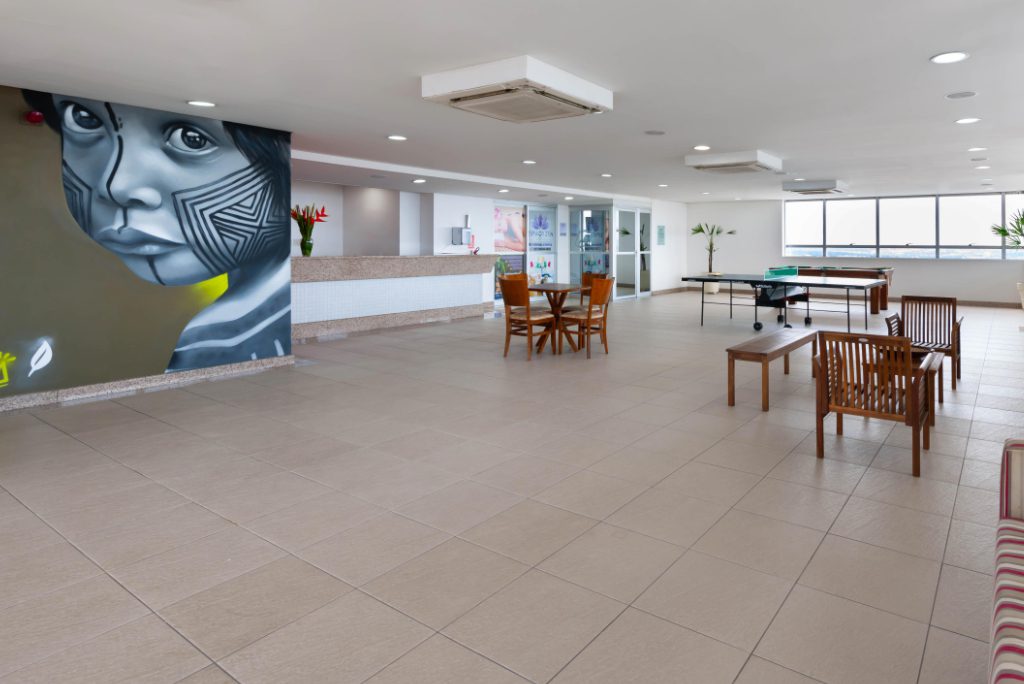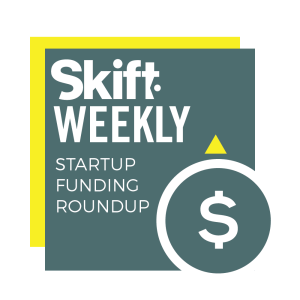Onfly Raises Funds for Brazilian Business Travel: Travel Startup Funding This Week

Skift Take

Travel Startup Funding This Week
Each week we round up travel startups that have recently received or announced funding. Please email Travel Tech Reporter Justin Dawes at jd@skift.com if you have funding news.This week, travel startups announced more than $176 million in funding.
On Thursday, Skift reported that TripActions, the business travel management solution, had closed a $155 million Series E funding round. The California startup has secured a total of $790 million, and the company claims it's now valued at $5 billion.
>>Yunji Technology, a Beijing-based maker of robots, has closed an undisclosed amount for a Series C financing round, led by Qiming Venture Partners. Past investors include Tencent Investment, AlphaX Partners, Lenovo Capital, Lanting Capital, HNA Tourism, and Trip.com Group.
The company has raised more than $77 million (500 million Chinese renminbi) in total, ChinaTravelNews reported.
Some China-based properties in the Mercure and InterContinental brands have used the robots. Hotels, hospitals, and offices use lease the robots for about $700 a month. Here's a video of one of its robots at a hotel:
>>Onfly, a Brazil-based corporate travel management service, has received about $380,000 (2 million Brazilian real) in investment.
Cedro Capital, a resource manager that is based in Brasilia, led the investment.
Onfly, based in Minas Gerais and founded in 2018, offers a subscription-based online service that helps companies book flights, hotel rooms, and car rentals. It also helps a business manage its travel policies and enable employee reimbursements.
"We were customers before deciding to invest," said Alessandro Machado, partner and director of Cedro Capital. "Onfly has shown consistent growth, and the numbers have validated our expectations."
Brazil has taken back about half of the volume of passengers it had before the pandemic, according to Skift Research, and a rebound is likely.
"Even with 60 percent or 70 percent of the volume of the past, Onfly will have a large market to explore companies that will seek efficiency, digitizing their travel processes," Machado said.
"We work on the constant evolution of the platform with the launching of four to five new features per month," said co-founder Marcelo Linhares. "We are hiring professionals from technology, marketing, and sales, and we're automating operational processes. By 2025 we expect a turnover, or gross transaction volume, of 1 billion Brazilian reals [about $200 million]."
>>Quendoo, an online service platform that enables vacation property owners and hoteliers to take back control of their property bookings, payments, marketing, and availability, has launched after securing about $920,000 (€750,000) in venture capital funding.
Vitosha Venture Partners led the round.
The startup has operated for the past five years in the Balkans through peer to peer accommodation platform Arendoo,which Quendoo acquired this month.
>>Chkar, a vacation rental booking service based in Pakistan, has raised $310,000 (50 million Pakistani rupees) in seed funding from MFSYS Software & System.
Skift Cheat Sheet:
We define a startup as a company formed to test and build a repeatable and scalable business model. Few companies meet that definition. The rare ones that do often attract venture capital. Their funding rounds come in waves.
Seed capital is the money used to start a business, often led by angel investors and friends or family.
Series A financing is typically drawn from venture capitalists. The round aims to help a startup's founders make sure that their product is something that customers truly want to buy.
Series B financing is mainly about venture capitalist firms helping a company grow faster. These fundraising rounds can assist in recruiting skilled workers and developing cost-effective marketing.
Series C financing is ordinarily about helping a company expand, such as through acquisitions. In addition to VCs, hedge funds, investment banks, and private equity firms often participate.
Series D, E and beyond These mainly mature businesses and the funding round may help a company prepare to go public or be acquired. A variety of types of private investors might participate.





